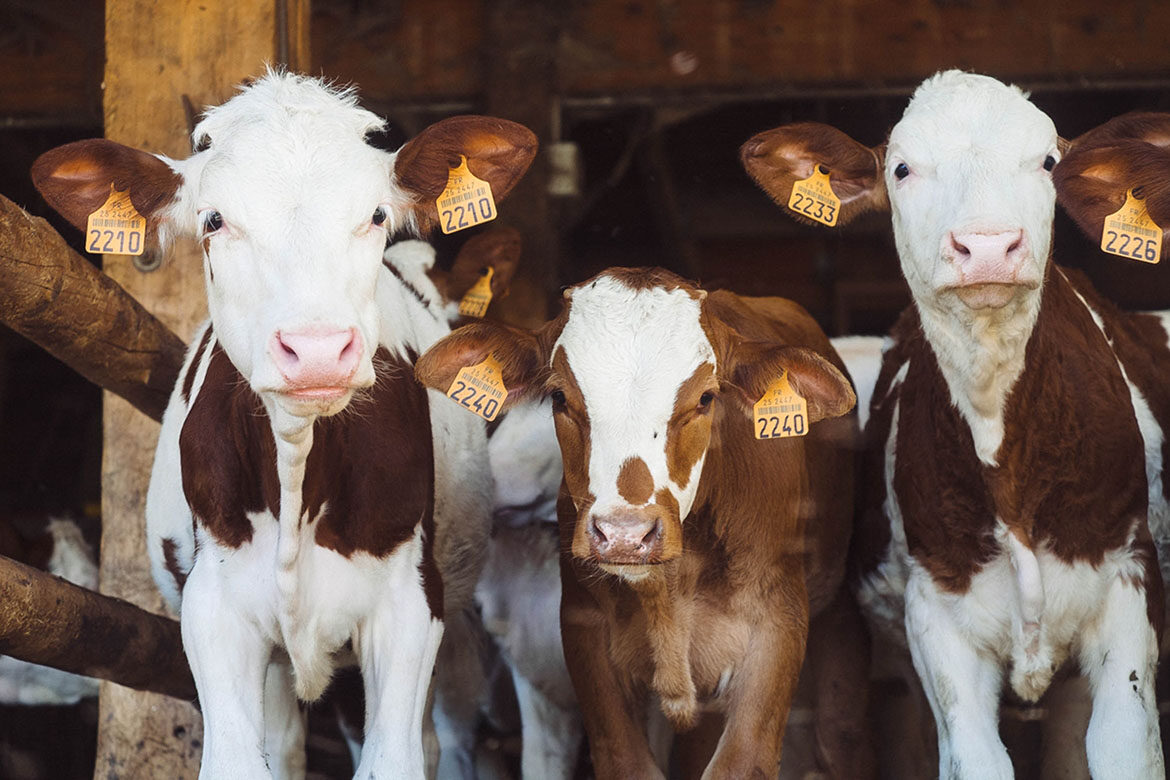With the EU leaning towards a ban on the transport of animals under 35 days, Bord Bia has begun assessing other options. The state agency is investigating potential markets for older weaned calves, as a possible alternative to the unweaned calf export trade.
Bord Bia Livestock Sector Manager Seamus McMenamin states that: “Feedback from key export markets has indicated a stable demand for Irish calves for the incoming 2022 season. Recent improvements in the veal trade are expected to support dairy sired bull calf exports this spring, while tighter cattle supplies for beef production and an improving beef trade across Europe is expected to create a steady demand for Irish beef cross calves in key export markets.”
“Rising production costs, however, and the impact of any Covid-19 restrictions on food service will be key factors in determining the value of Irish calves,” he continued, adding that markets for older weaned calves (at 10-12 weeks of age) could be a potential alternative to this trade.
“Feedback from some key export markets have indicated there may be opportunities to export weaned calves to new and existing customers, where the calves are destined for longer production cycles, such as ‘young beef’ in Spain, or 16-month young bull systems.”
“All markets currently receiving Irish calves have a preference for younger calves, which is reflective of the trading relationship established over many years. A switch to purchasing weaned calves requires changes in operating systems and logistics on both sides,” he concluded.
LSL News.

